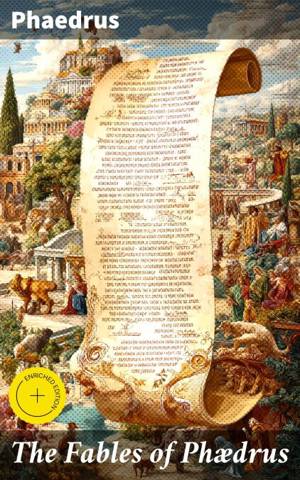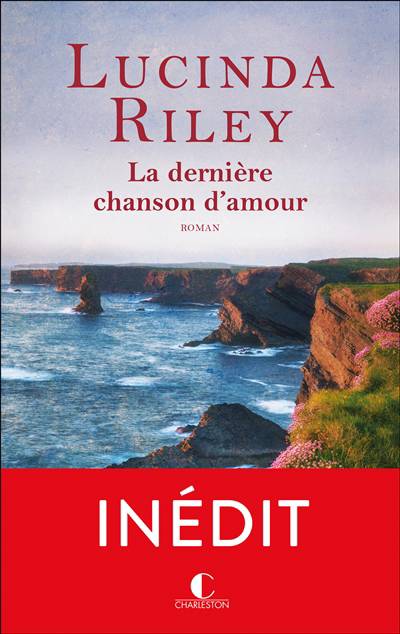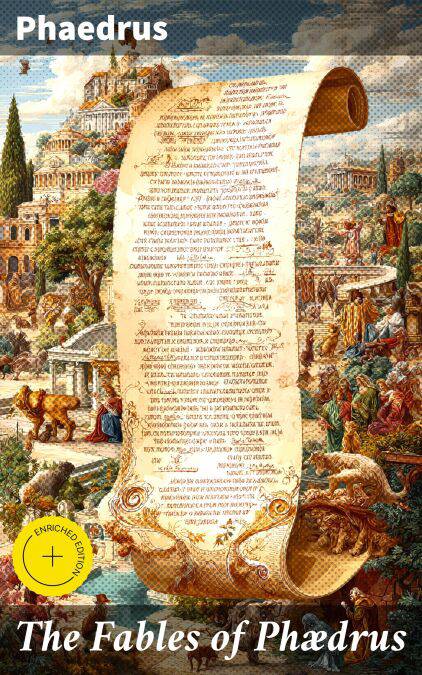
- Retrait en 2 heures
- Assortiment impressionnant
- Paiement sécurisé
- Toujours un magasin près de chez vous
- Retrait gratuit dans votre magasin Club
- 7.000.0000 titres dans notre catalogue
- Payer en toute sécurité
- Toujours un magasin près de chez vous
The Fables of Phædrus EBOOK
Enriched edition. Literally translated into English prose with notes
Phaedrus
Ebook | Anglais
0,49 €
Description
In "The Fables of Phædrus," the Roman poet Phaedrus revisits the timeless tradition of fable writing, drawing extensively from Aesop's narratives while infusing his works with a sharp satirical edge reflective of the societal and political dynamics of ancient Rome. Phaedrus employs a concise and elegant literary style characterized by vivid imagery and moral clarity, inviting readers to confront the follies and virtues of human nature through the lens of anthropomorphized animals. His fables address themes such as justice, cunning, and the moral implications of human behavior within a framework that encourages reflection on both personal and societal ethics. Phaedrus, who lived in the first century CE, was significantly influenced by Rome's turbulent political landscape, which informed his approach to storytelling. As a former slave who gained freedom, his personal experiences influenced the moral underpinnings of his fables, which often critique social hierarchies and advocate for wisdom and integrity. His works mark a vital transition in the evolution of fable, illustrating how folklore can function as a vehicle for social commentary and moral instruction. "The Fables of Phædrus" is highly recommended for readers seeking profound moral insights wrapped in the guise of simple narratives. Phaedrus's ability to resonate with both ancient and modern audiences makes his fables a relevant study in ethics and human behavior. Whether one is a student of literature, ethics, or simply an admirer of powerful storytelling, this collection offers timeless lessons that remain pertinent today.
In this enriched edition, we have carefully created added value for your reading experience:
- An Introduction draws the threads together, discussing why these diverse authors and texts belong in one collection.
- Historical Context explores the cultural and intellectual currents that shaped these works, offering insight into the shared (or contrasting) eras that influenced each writer.
- A combined Synopsis (Selection) briefly outlines the key plots or arguments of the included pieces, helping readers grasp the anthology's overall scope without giving away essential twists.
- A collective Analysis highlights common themes, stylistic variations, and significant crossovers in tone and technique, tying together writers from different backgrounds.
- Reflection questions encourage readers to compare the different voices and perspectives within the collection, fostering a richer understanding of the overarching conversation.
In this enriched edition, we have carefully created added value for your reading experience:
- An Introduction draws the threads together, discussing why these diverse authors and texts belong in one collection.
- Historical Context explores the cultural and intellectual currents that shaped these works, offering insight into the shared (or contrasting) eras that influenced each writer.
- A combined Synopsis (Selection) briefly outlines the key plots or arguments of the included pieces, helping readers grasp the anthology's overall scope without giving away essential twists.
- A collective Analysis highlights common themes, stylistic variations, and significant crossovers in tone and technique, tying together writers from different backgrounds.
- Reflection questions encourage readers to compare the different voices and perspectives within the collection, fostering a richer understanding of the overarching conversation.
Spécifications
Parties prenantes
- Auteur(s) :
- Traducteur(s):
- Editeur:
Contenu
- Nombre de pages :
- 235
- Langue:
- Anglais
Caractéristiques
- EAN:
- 4057664654489
- Date de parution :
- 20-11-19
- Format:
- Ebook
- Protection digitale:
- Digital watermarking
- Format numérique:
- ePub

Seulement chez Librairie Club
Les avis
Nous publions uniquement les avis qui respectent les conditions requises. Consultez nos conditions pour les avis.







